Sci-Fi Movies To Stream On Netflix If You Love Arrival
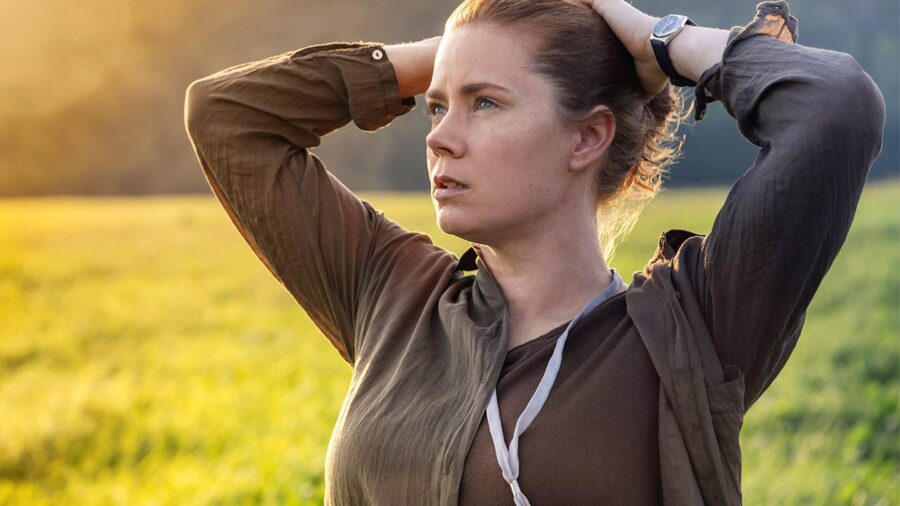
Doubtlessly, Arrival, meditating on challenging philosophical questions concerning language, time, and humanity’s place in our vast universe, embodies a testament to the unadulterated potential of sci-fi cinema.
For those entranced by its arresting, novel storytelling and gripping visuals, Netflix boasts an impressive supply of films offering comparable thematic heft. Below, we explore three recommendations transporting you to the furthest reaches of space and the innermost depths of the human mind.
Dune

Ask anyone who has seen the film, and they’ll tell you Arrival surpasses and defies the term “adaption” (the movie is itself an adaptation of the short story, “Story of Your Life” by Ted Chiang).
Denis Villeneuve’s Dune (2021) is likewise no mere adaptation, comprising a visual masterpiece, capturing the essence of Frank Herbert’s classic sci-fi novel and presenting a universe deliciously rife with political intrigue, environmental challenges, and complex, ambivalent human emotions.
All of it breathtakingly set against the backdrop of Arrakis—the vast, unforgiving desert landscape, colloquially, of course, known as Dune.
Step into Dune, and you step into an intricate universe peopled by noble families vying for power, religious orders concealing hidden agendas, and an indigenous populace defending their deep connection to their home planet.
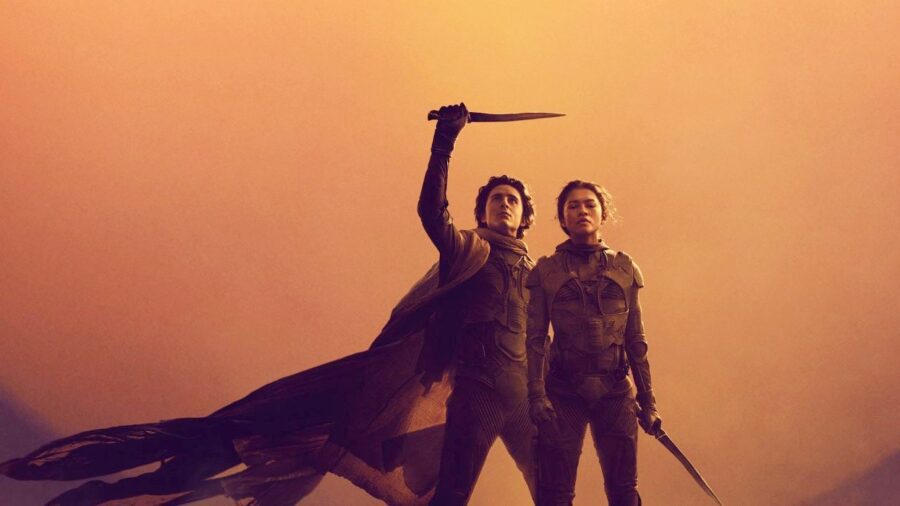
As much as in Arrival, Villeneuve’s film abounds with intense, hyper-relevant themes. Namely, those concerning the desert planet Arrakis—the focal point of galactic power struggles due to its immense reserves of super-fuel and ultra-drug spice melange.
The film’s all-star cast helps deliver all this high concept, mind-blowing wizardry, a whose-who of A-lists including Timothée Chalamet, Rebecca Ferguson, Oscar Isaac, Zendaya, and Stellan Skarsgård, providing top-tier performances.
Each does Frank Herbert’s character—and novel—justice. Director Villeneuve pulls off a formidable feat, himself, achieving visual landscapes that inspire awe and deeply haunts.
The enormous dunes of Arrakis, the detailed architecture of the courtly palaces, and the sickening and magnetic elegance of House Harkonnen all seem to reach out from the screen and stretch toward you.
To say the film is as unmissable as Arrival is an understatement.
Stowaway
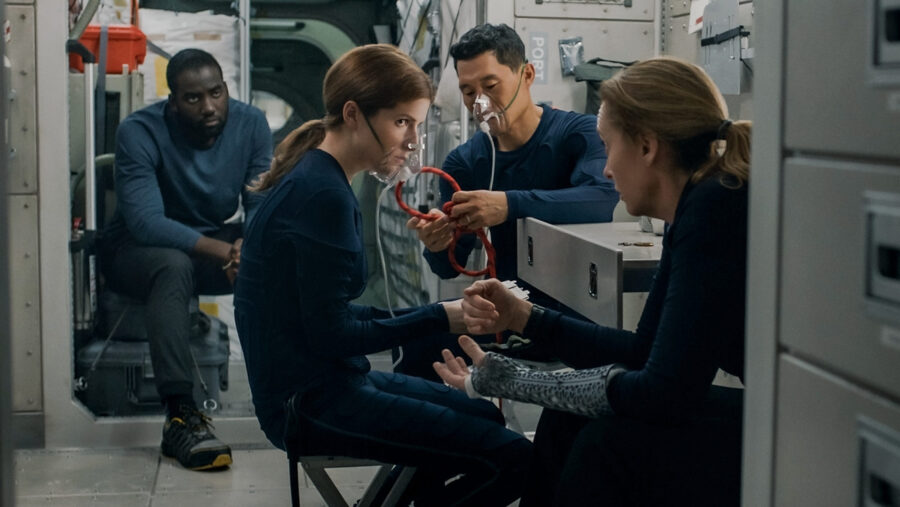
Stowaway, directed by Joe Penna, is nothing less than a gripping space thriller confronting the complexity of human decision-making, particularly when faced with unforeseen challenges and life-threatening dilemmas.
Set on a spacecraft headed for Mars, the narrative pivots around a surprising discovery: a stowaway in the ship, and the ensuing dire consequences.
Palpable, engaging tension arises from the spaceship’s narrow confines and intimate setting—all amplifying the stakes and thrills. The minuscule, enclosed environment is a stark relief to the vast, indifferent void represented by the outer space beyond the ship’s enclosure.
Boasting narrative depth on par with Arrival, the film deftly charts the spaceship’s evolution into a microcosm of society, where resource scarcity is nothing less than pressing, and vital importance heavies every decision.
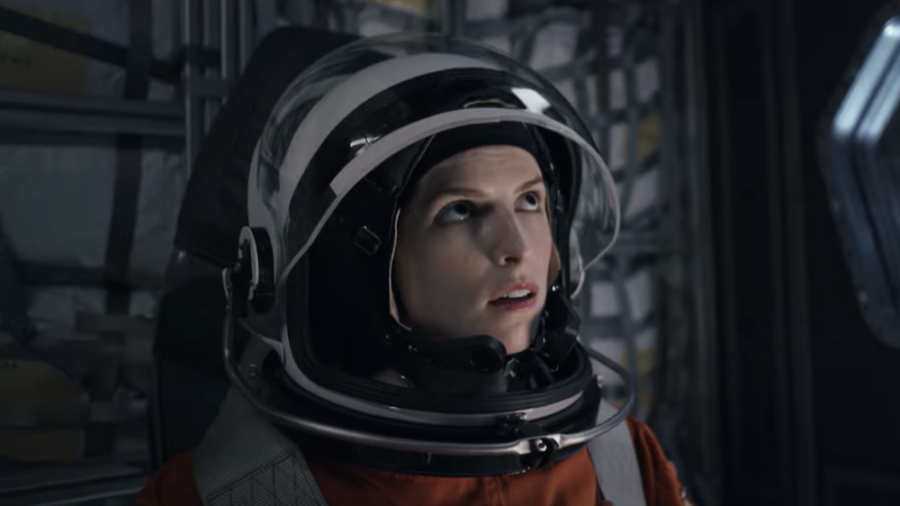
Helming the tiny crew is a commander (the excellent, even peerless Toni Collette), a medical researcher (Anna Kendrick, who shines in this sci-fi setting), and a biologist (Daniel Dae Kim, beloved by many for co-starring in Lost), all of whom stumble upon the unintended passenger (Shamier Anderson, John Wick: Chapter 4).
Together, they confront a brutal dilema, as their oxygen supply dwindles: should they sacrifice one life to save the rest?
Indeed, this agonizing moral conundrum lies at the heart of the film, and (in the same vein as Arrival) Stowaway goes beyond merely depicting a surface-level sci-fi tale, instead opting for a profound immersion in ethics, psychology, and the lengths humans will traverse when challenged by difficult choices.
The Midnight Sky
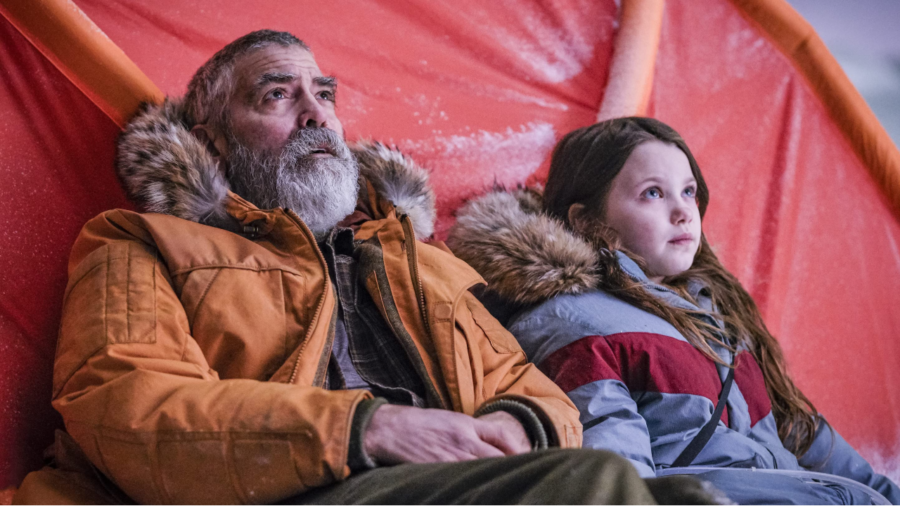
A poignant post-apocalyptic tale blending human connection, loneliness, and environmental calamity, The Midnight Sky stars multifaceted George Clooney, who also directed the film (multifaceted indeed).
Like Arrival, it’s a tale pulling no philosophic punches, set in a grim future where Earth is uninhabitable and navigating the polarity of hope and despair through the lenses of two parallel stories.
The first storyline concerns a lone, terminally ill scientist stranded in the Arctic, striving to warn a returning spaceship of Earth’s desperate, deteriorating conditions.
The second narrative arc treats the spaceship’s crew navigating the challenges problematizing their journey home. The film’s melancholic, contemplative tone enriches both plotlines, while its mature pace propounds existential questions delving into humanity’s future and the human connections binding us.
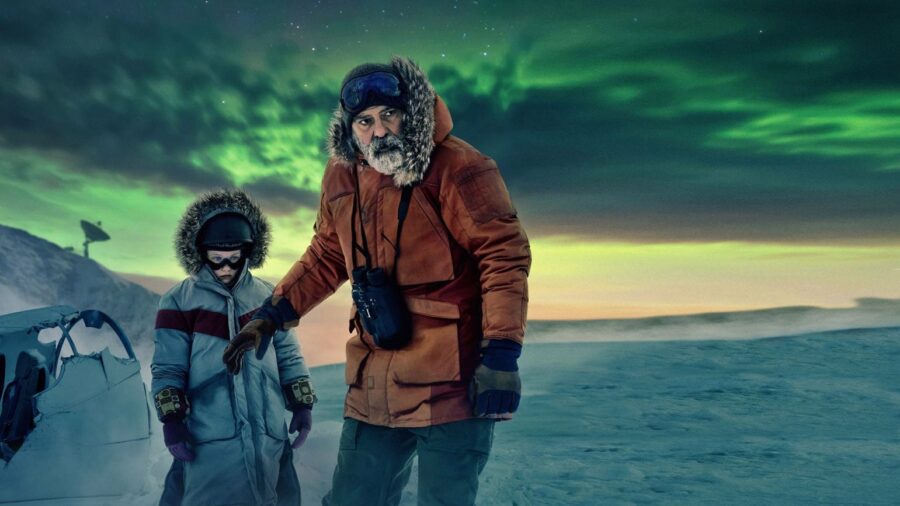
The desolate Arctic landscape doubles as a haunting metaphor for a world that has lost its way. It also serves to contrast the confines of the spacecraft returning from a distant moon, carrying a crew unaware of Earth’s dire state.
The film exceeds most aesthetically, too, combining weighty themes with impactful visuals, not unlike Arrival. Buoying It All is a prominent score by Oscar Award-winning composer Alexandre Desplat.
To the extent that the story surrounding Amy Adam’s character mused on communication and understanding, The Midnight Sky strikes an indelible, resonant chord through its reflections on isolation, hope, and ultimate redemption.












